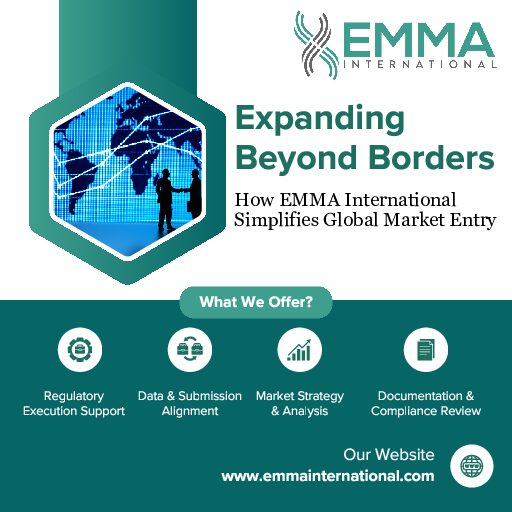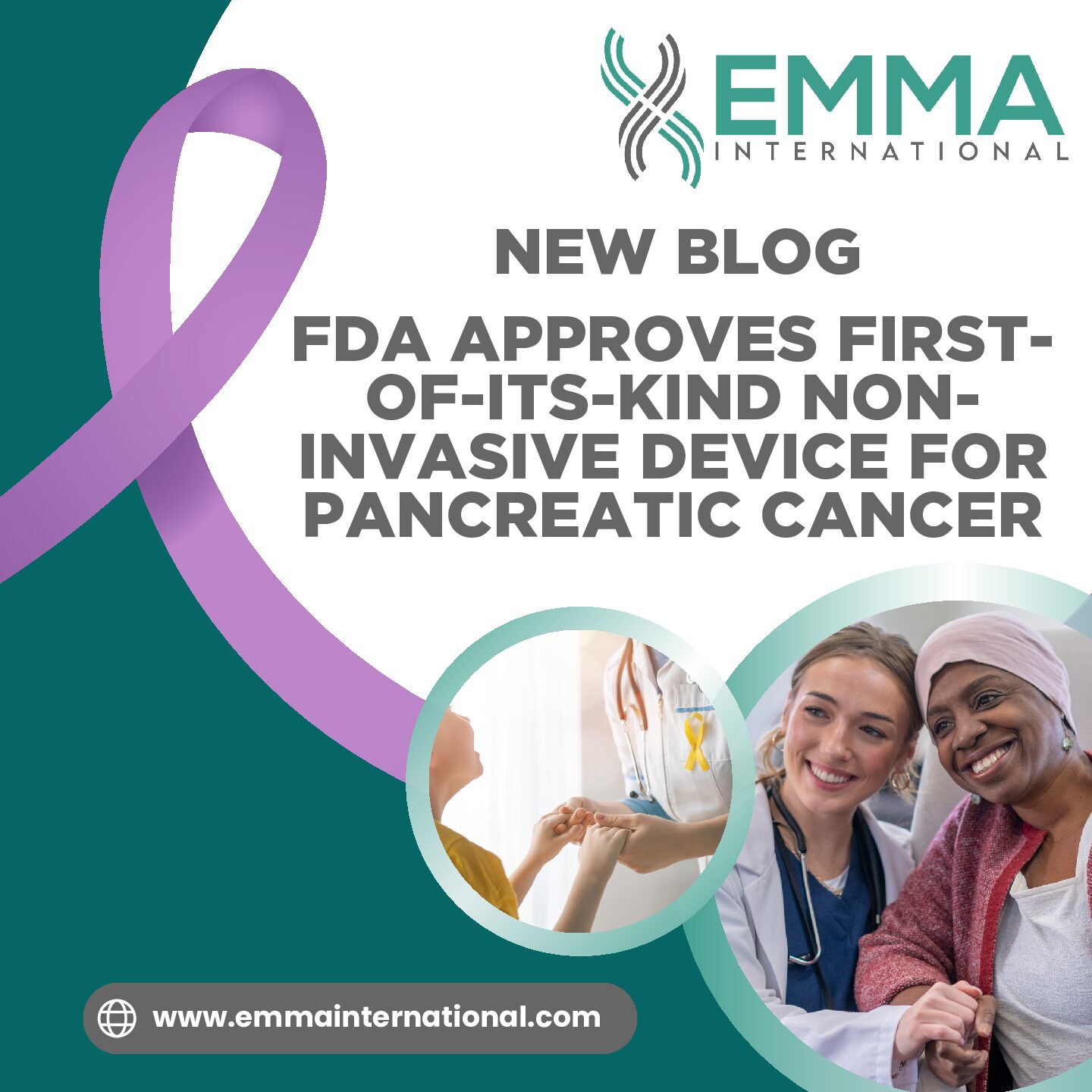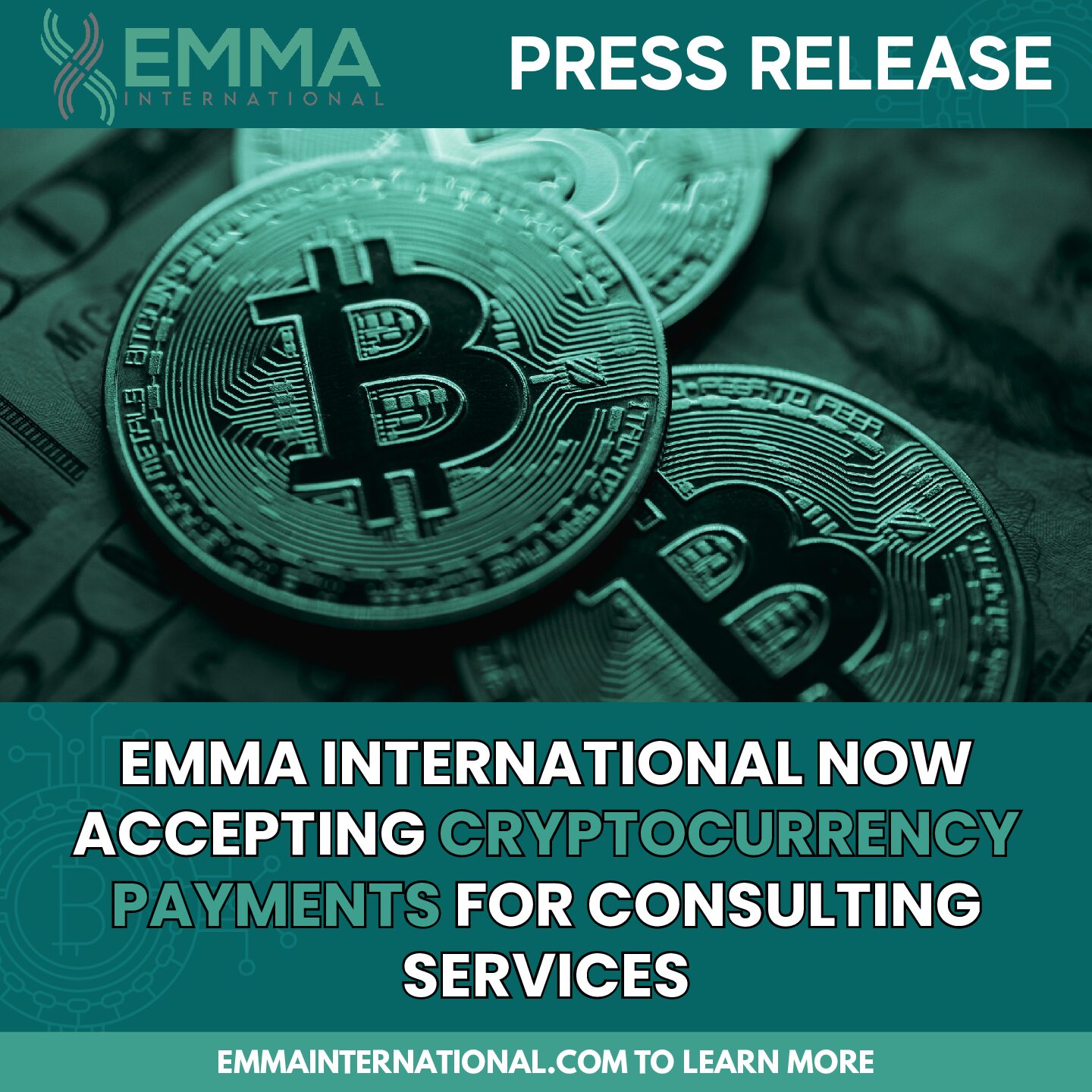The journey from conceptualizing a medical product to obtaining regulatory approval can be arduous and time-consuming. For many companies, gaining approval from the FDA represents a significant milestone. However, what some may not realize is that FDA approval can serve as a valuable asset for accessing markets beyond the borders of the United States. In this blog post, we’ll explore the process of leveraging FDA approval in global markets to facilitate market entry into other countries and the benefits it offers to both manufacturers and patients worldwide.
Before delving into the international landscape, it’s essential to understand the significance of FDA approval. The FDA is renowned for its rigorous evaluation process, which ensures that medical products meet stringent standards for safety, efficacy, and quality. Obtaining FDA approval requires extensive preclinical and clinical testing, as well as comprehensive documentation to support the product’s safety and effectiveness.
One of the most significant advantages of FDA approval is its recognition and credibility on the global stage. Many regulatory authorities in other countries acknowledge the FDA’s rigorous standards and may streamline their own approval processes for products that have already received FDA clearance or approval. This concept, known as reliance or recognition, can expedite market entry and reduce redundant testing and documentation requirements for manufacturers.
The following are critical steps in an effective strategy for leveraging FDA approval internationally:
- Research Regulatory Requirements: While FDA approval can facilitate market entry in many countries, it’s essential to research the regulatory requirements of each target market thoroughly. Some countries may require additional documentation or specific regulatory submissions beyond FDA approval.
- Engage with Regulatory Authorities: Establishing open communication channels with regulatory authorities in target countries can provide valuable insights into their expectations and requirements. This proactive approach can help manufacturers navigate the regulatory landscape more efficiently and anticipate any potential challenges.
- Seek Mutual Recognition or Harmonization Agreements: Some countries participate in mutual recognition or harmonization agreements with the FDA, which facilitate the acceptance of FDA-approved products without the need for additional testing or evaluation. Manufacturers should explore these agreements and leverage them to streamline market entry processes.
The utilization of FDA approval for medical products in other countries offers several significant benefits including faster market entry. By leveraging FDA approval, manufacturers can expedite market entry processes in other countries, allowing patients to access innovative medical products more quickly.
Additionally, leveraging FDA clearance or approval can help avoid redundant testing and documentation requirements can result in significant cost savings for manufacturers, enabling them to allocate resources more efficiently.
In an increasingly interconnected world, leveraging FDA approval for medical products offers manufacturers a strategic advantage in accessing international markets. By understanding regulatory requirements, engaging with regulatory authorities, and leveraging mutual recognition agreements, manufacturers can streamline market entry processes and enhance patient access to innovative healthcare solutions. Ultimately, the utilization of FDA approval in global markets not only benefits manufacturers but also contributes to advancing global health outcomes and improving patient care worldwide.
Do you need help globalizing your product, trust the experts at EMMA International! Give us a call at 248-987-4497 or email info@emmainternational.com to learn more.
FDA (Nov 2023) Mutual Recognition Agreements (MRA) retrieved from: https://www.fda.gov/international-programs/international-arrangements/mutual-recognition-agreements-mra




